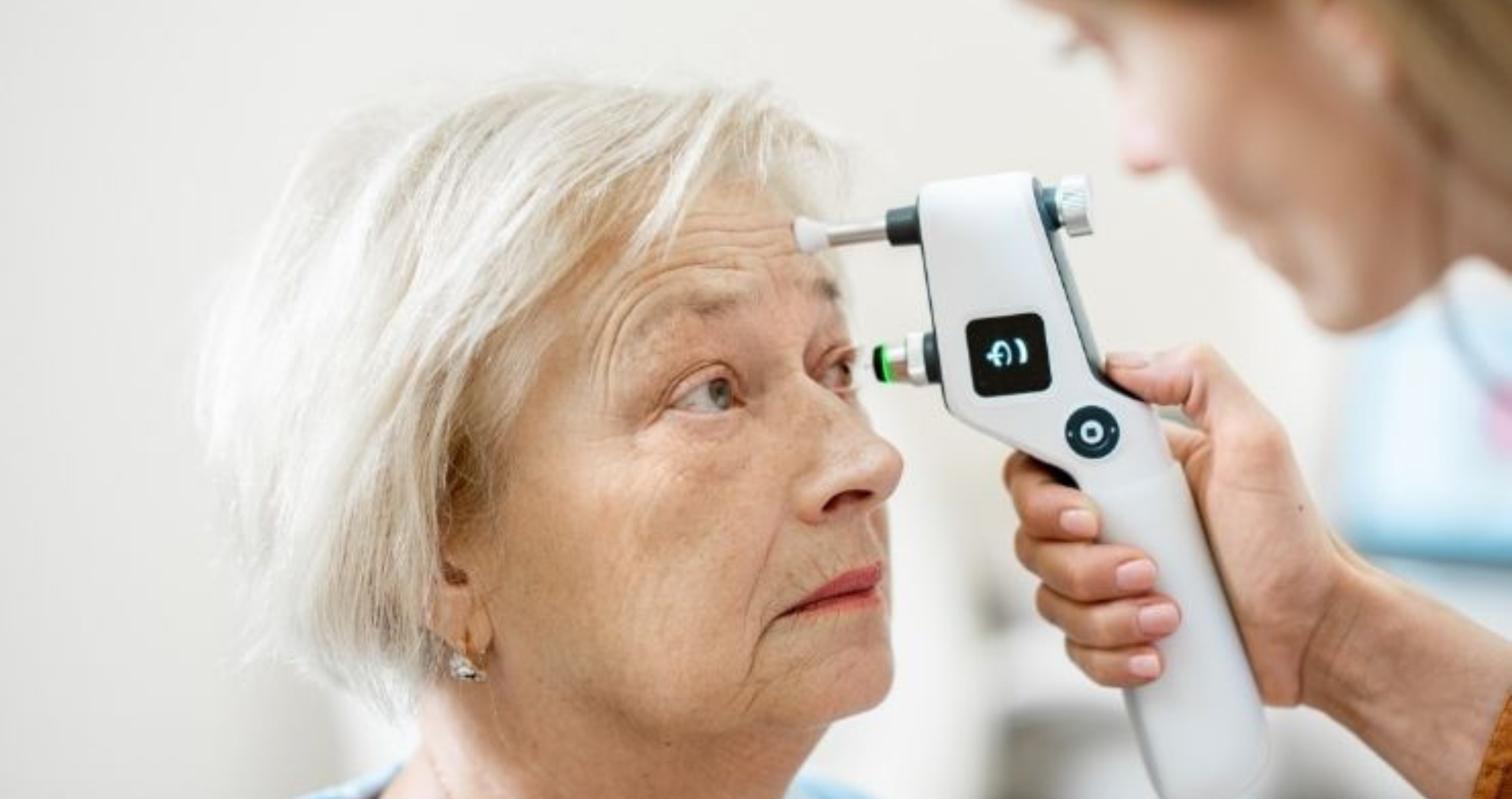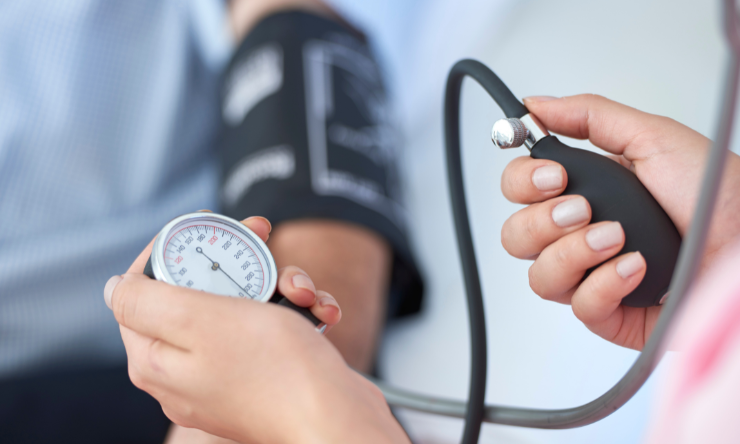Share
Why is this study important?
Elevated intraocular pressure is an important risk factor for glaucoma and lowering intraocular pressure is the only treatment strategy shown to slow or cease the progression of the disease. Researchers continue to study different investigational drugs to help treat people with ocular hypertension. Pharmaceutical companies use research studies like this one to learn more about investigational drugs before they are made available to the public. Study volunteers can help us in this important research. Thank you for taking the time to learn about this research study.

What is the purpose of this study?
In this study, researchers are testing an investigational drug (also known as the “study drug”) for adults with ocular hypertension. They want to learn how safe the study drug is and how well it is tolerated compared with placebo. A placebo is an inactive material that looks like the study drug but does not contain any active study drug. Researchers use a placebo to see if the study drug works better than and/or is safer than taking no treatment at all. The study will also assess how well the study drug works to treat ocular hypertension compared with placebo.
Who can participate in this study?
To be eligible for this study, an individual must be:
- At least 18 years of age
- Diagnosed with ocular hypertension in at least 1 eye.
- Willing and able to participate in the study, give written informed consent, and comply with the study procedures.
This is not a complete list of study requirements. The study doctor will review the full requirements for this study with potential participants.
How long will the study last?
A participant will be in this study for a maximum of 13 weeks.
What can I expect if I decide to participate?
After a screening period of up to 4 weeks to determine whether an individual meets the study requirements, eligible participants will be randomly assigned (by chance, like rolling a die) to take either the study drug or placebo (looks similar to the study drug but contains no active ingredient) by mouth twice a day for 4 weeks. Neither the participant nor their study doctor will know which the participant is taking.
Participants will be required to attend up to 8 visits at the study center (see locations below), including a follow-up visit about 1 week after taking their last dose of study drug or placebo. Blood tests, a physical exam, and other assessments and questionnaires will be conducted at study visits. Not all activities will occur at every visit.
What does it cost to take part in this study?
Study participants will be given the study drug at no cost, and they will not be charged for any study doctor visits, laboratory work, tests, or procedures that are needed for the study.
Reimbursement compensates for study participant’s time, travel expenses, parking, meals, and inconvenience. The study participants will be reimbursed $120 per day for visits that require longer assessment times (baseline, day 1, and day 28) and $50 for shorter visits (day 7 and day 14) as part of this study.
What risks are involved in participating in this study?
There are possible risks involved with any research study. The study doctor will review the risks with potential participants. Study participants will be closely monitored throughout the study.
What is a research study?
A research study or clinical trial is a scientific study to determine whether an investigational drug is safe and effective in treating a particular disease.
What is an investigational drug?
An investigational drug is a substance that is being evaluated in clinical trials. It has been reviewed by an ethics committee for testing in people and may go on to be approved by the government health agency for treatment for this condition.
Why take part in this study?
Research studies are important for medical advances. Current treatments for diseases are only available because of research study volunteers
For more information about this study, please contact:
Eye Surgery Associates
Level 3, 456 Burwood Highway
Vermont South, VIC, 3133
info@eyesurgery.com.au
Lions Eye Institute
2 Verdun St
Nedlands, WA, 6009
clinicalresearch@lei.org.au
Adelaide Eye & Retina Centre
18 North Terrace
Adelaide, SA, 5000
khaywood@adelaideeye.com.au
Norwest Eye Clinic
Suite 109, 9 Norbrik Drive
Bella Vista, NS, 2153
info@norwesteye.com.au
Protocol Number – FM101-CTP2-002



